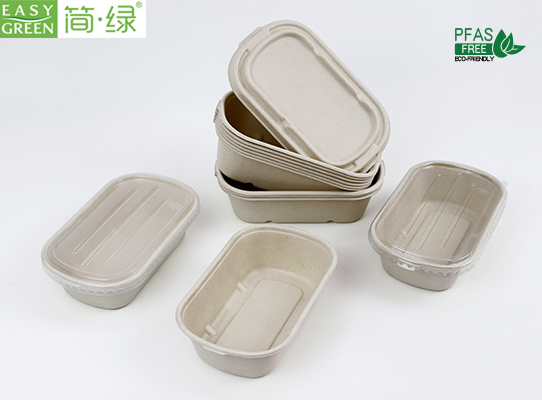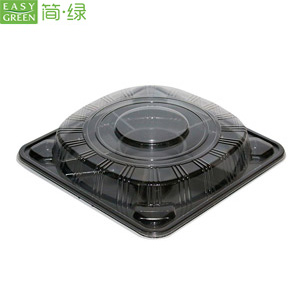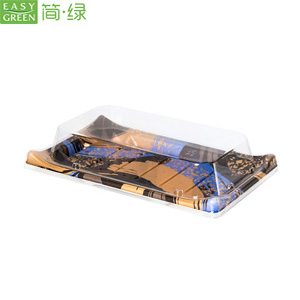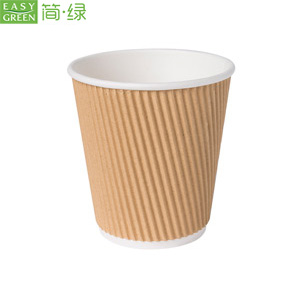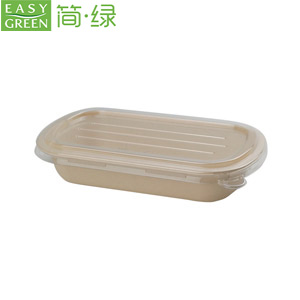In recent years, the agricultural industry has undergone a significant shift towards more sustainable and environmentally friendly practices. With growing concerns about plastic pollution and the impact of non-biodegradable materials on our planet, many farmers and agricultural businesses are exploring innovative solutions to reduce their carbon footprint. One such solution gaining traction in agriculture is the use of biodegradable round trays. These trays have proven to be a game-changer in various aspects of farming, from seedling propagation to harvesting and distribution. In this blog, we'll delve into the different applications and benefits of biodegradable round trays in agriculture.
Seedling Propagation and Nurseries
In the early stages of plant growth, nurturing healthy and robust seedlings is crucial for a successful harvest. Biodegradable round trays provide an eco-friendly alternative to traditional plastic trays commonly used in nurseries. These trays are typically made from natural materials like rice husks, bamboo, or coconut coir, making them not only biodegradable but also excellent for seedling development. The porous nature of these trays allows roots to penetrate easily, promoting healthier root systems. Once the seedlings are ready for transplant, the entire tray can be planted directly into the ground, reducing transplant shock and minimizing waste.
Sustainable Crop Rotation and Pest Control
Crop rotation is a common practice in agriculture to maintain soil fertility and reduce the risk of pests and diseases. Biodegradable round trays can play a significant role in facilitating this practice. Farmers can plant crops in trays, rotating them to different sections of the field each season. This controlled rotation minimizes soil erosion and helps to naturally control pests. As the trays degrade over time, they enrich the soil with organic matter, contributing to long-term soil health.
Harvesting and Distribution
Harvesting and distributing crops efficiently while minimizing waste is a primary concern for many agricultural businesses. Biodegradable round trays are not only used for plant growth but can also be employed during the harvesting process. They make for an excellent, sustainable option for collecting and transporting fruits and vegetables. After harvest, the produce remains neatly organized in these trays, reducing the risk of damage and bruising. Moreover, biodegradable trays can be delivered directly to consumers or restaurants, eliminating the need for excessive packaging and reducing the carbon footprint associated with food distribution.
Environmental Benefits and Future Prospects
The use of biodegradable round trays in agriculture brings a host of environmental benefits. Unlike traditional plastic trays, these biodegradable options decompose naturally over time, reducing plastic waste and its detrimental effects on the environment. Furthermore, the incorporation of biodegradable materials in farming practices can improve soil quality, reduce the need for synthetic chemicals, and promote overall sustainability.
As the agricultural industry continues to evolve, the adoption of biodegradable round trays is likely to become more widespread. With increased awareness of the environmental impact of traditional farming methods, sustainable alternatives like biodegradable trays offer a promising path towards a greener and more eco-conscious future for agriculture.
In conclusion, biodegradable round trays in agriculture offer numerous advantages, from seedling propagation to sustainable crop rotation and eco-friendly harvesting and distribution methods. By choosing these trays, farmers can contribute to a more environmentally responsible and sustainable agricultural sector, ultimately bringing us one step closer to a healthier planet and a more sustainable food system.
 English
English 
